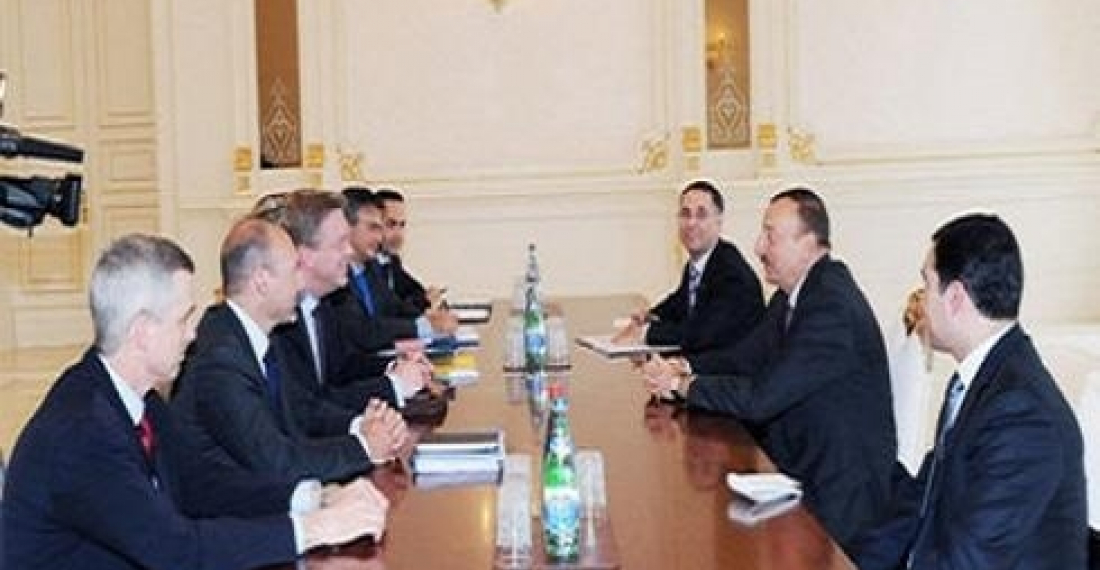The President of Azerbaijan, Ilham Aliev met yesterday with the European Union Commissioner for Enlargement, Stefan Fule. Fule is currently in Azerbaijan, and is also expected this morning to address the opening session of the Euronest Parliamentary Assembly - the parliamentary framework of the EU's Eastern Partnership Programme.
The meeting between Aliev and Fule is the latest in a series of meetings that the Azerbaijani leader has had over the last months with European leaders and officials in Brussels, Baku and elsewhere. These meetings mark increasing engagement between the EU and its member states and Azerbaijan.
Commonspace.eu political editor said in a comment that "the two sides desire more co-operation but their are a number of obstacles on the way. The dealings of the government of Azerbaijan with opposition activists, journalists and anti governemnt youth groups is not at all what is expected from a democratic European state. Whilst European officials have been wary of criticising the Azerbaijani leadership in public, the message in private has inevitably been more robust. Similarly Azerbaijan is keen for engagement with Europe but is not happy with criticism levelled at it, particularly in the mainstream European press. Both sides are yet to decide at which point they will compromise. Despite this there is broad agreement that relations can and should be expanded further."
source: commonspace.eu
photo: President Ilham Aliev with EU Commissioner for Enlargement Stefan Fule in Baku on 2 April 2012. (Picture courtesy of the Press Service of the President of Azerbaijan).







